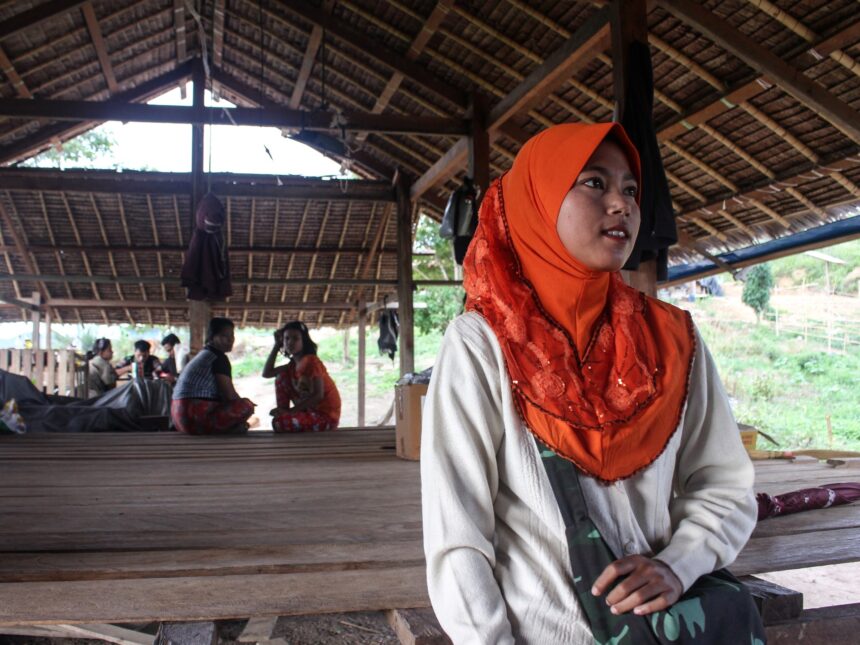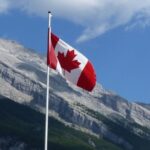In the lush hills of southern Myanmar’s Tanintharyi region, rebel fighters stationed at checkpoints inspect vehicles heading towards a town still under military control. These rebels, part of the “Muslim Company” within the Karen National Union (KNU), are fighting for democracy in Myanmar alongside Christian and Buddhist comrades.
With their story largely unknown, Al Jazeera visited the company’s headquarters to shed light on this overlooked aspect of Myanmar’s conflict. Led by Mohammed Eisher, the Muslim Company believes that diversity within the anti-military forces can help overcome cultural and regional tensions.
The Muslim soldiers of 3rd Company, despite wearing KNU uniforms, carry a symbol representing their lineage from the All Burma Muslim Liberation Army. In their main camp, traditional Muslim attire is common, and Ramadan is observed with fasting and prayers.
Throughout history, Muslims in Myanmar have faced discrimination and violence. The inclusion of the Muslim Company in the current uprising signifies a move towards inclusivity and unity against the military regime.
The Muslim resistance in Myanmar is not a new phenomenon. From the Kawthoolei Muslim Liberation Front to the founding of the ABMLA, Muslims have long fought against repression. Today, members of the Muslim Company are committed to the revolution, with new recruits joining to escape the military’s conscription law.
Despite the challenges faced by the Muslim fighters, including injuries and blindness, their determination for freedom for all peoples of Burma remains unwavering. The internal diversity within 3rd Company, including Buddhist and Christian members, reflects a sense of unity and equality among the fighters.
In the midst of a complex and violent conflict, the Muslim Company stands as a symbol of resilience, unity, and hope for a brighter future in Myanmar.










